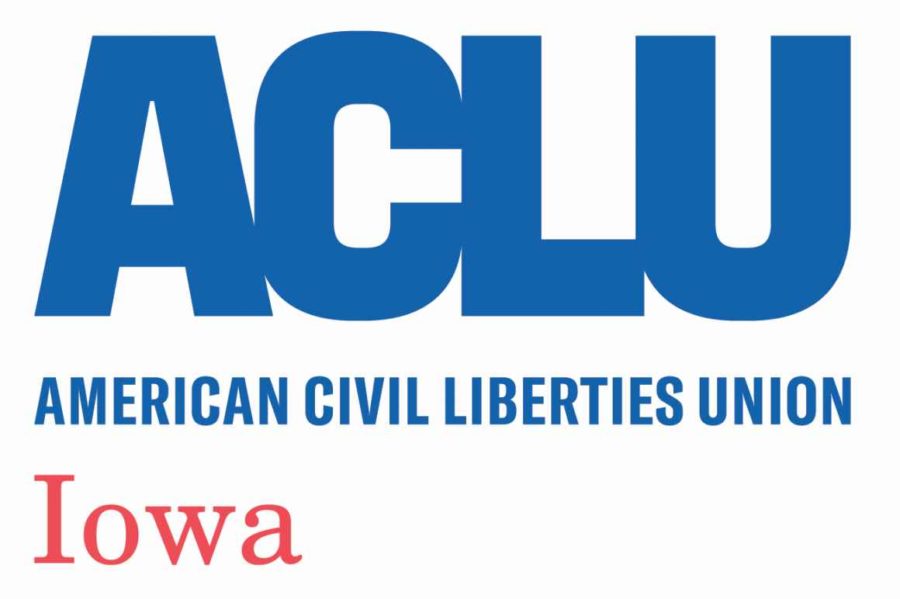ACLU files amicus brief on Iowa police recording lawsuit
On Tuesday, the American Civil Liberties Union of Iowa filed an amicus brief regarding a police recording lawsuit.
October 29, 2019
The American Civil Liberties Union (ACLU) of Iowa filed an amicus brief early Tuesday in a First Amendment case taking place in Iowa, Robbins v. City of Des Moines.
Amicus briefs are used by non-litigants, someone not involved int the lawsuit, with a “substantial interest” in a case to advise the court of further information that may be relevant to the court, and they can “have a significant impact on judicial decision-making,” according to the Public Health Law Center.
The litigant, Daniel Robbins, is appealing a summary judgment of a suit he lost against the city of Des Moines. The suit followed the seizure of his cell phone while he was recording video of city police in May 2018.
The United States District Court for the Southern District of Iowa ruled against Robbins, with the court ruling while the right to record police was “clearly established at the time of the violation,” the court determined “Robbins could not meet the required element ‘that the officers’ actions were motivated by the exercise of this constitutional right.’”
Robbins filmed and photographed police officers and police vehicles parked near “no-parking signs” but “refused to answer” questions regarding why he was recording them, according to the ACLU of Iowa’s amicus brief. The summary judgment of the court reasoned “it was reasonable for the officers to suspect that Robbins took the photographs for surveillance or other purposes not constitutionally protected.”
The court reasoned that because Robbins “refused to answer” police questions about why he was recording them, “it was reasonable for the officers to suspect that Robbins took the photographs for surveillance or other purposes not constitutionally protected.”
The ACLU’s amicus brief argues recording police interactions is now an “important tool” in police accountability, and therefore the “proper resolution” of the case is of “substantial interest” to the ACLU of Iowa.
Rita Bettis Austen, the ACLU of Iowa’s legal director, said in a statement this case is important to protect the rights of Iowans to record the police in public as long as they are not interfering with official duties.
“Every federal circuit court which has directly considered the issue has recognized that the First Amendment protects the right to record police,” Bettis Austen said in a statement. “The Robbins case also has important implications for racial justice in our state. Cell phone recordings of police interactions have proved a vital tool to document and deter racial profiling and disproportionate use of force, helping to propel important efforts for reform.”
A press release from the ACLU of Iowa notes in 2018 a recording of a police stop of two African American young men by Des Moines Police resulted in a $75,000 settlement and has prompted the Des Moines City Council to consider a city-wide anti-racial profiling ordinance.







